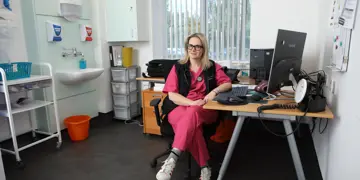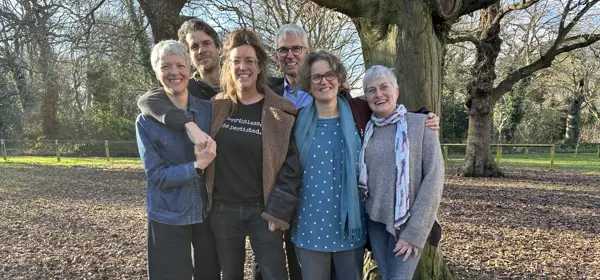GPs back collective action
GPs back collective action
BMA urges doctors to choose from 10 forms of industrial action they can take
GPs in England have overwhelmingly backed calls for collective action, in response to their rejected national contract terms.
More than 98 per cent supported collective action, on a turnout of 68 per cent. The BMA is now calling on them to take action as it best fits their practice.
The BMA is encouraging practices to choose from a list of 10 actions, and practices can implement as few or as many as they think appropriate. They include limiting daily patient contacts to the recommended safe maximum of 25, withdrawing permission for data-sharing agreements that are not related to direct care, and ceasing to ration referrals, investigations and admissions.
The ballot result comes at a time when GP practices are facing ever greater pressure as a result of patient demand, despite only being allocated 6 per cent of the NHS budget in guaranteed funding.
BMA GPs committee England chair Katie Bramall-Stainer (pictured above) said the vote demonstrated many GPs were ‘at the end of their tether’ and working in a general practice service that was ‘being broken’.
She said: ‘We had a huge response to this ballot, and the results are clear – GPs are at the end of their tether. This is an act of desperation. For too long, we’ve been unable to provide the care we want to. We are witnessing general practice being broken. The era of the family doctor has been wiped out by recent consecutive governments and our patients are suffering as a result.
‘There have been countless opportunities to address the funding crisis in general practice, and despite almost 100 per cent of GPs voting to reject the 2024/25 contract earlier this year, still nothing was done.’
She added: ‘We understand that the new Government has inherited a broken NHS, and we’ve had some positive conversations with the new health secretary about the situation in general practice.
‘The DDRB award is a small step in the right direction but we still have hundreds of millions less resource to run our practices compared to even five years ago. Practices are still closing, so we have no choice but to move ahead with collective action to protect our practices, and our patients.’
GPC England has emphasised its willingness to work with NHS England and the Department of Health in finding a way forward in addressing dissatisfaction with general medical services contract changes and poor working conditions and pressures facing doctors in primary care.
Dr Bramall-Stainer said that, far from closing doors to patients, collective action measures would allow practices to remain safe and operational while seeking a long-term solution.
She said: ‘This will not be a “big bang”. It will be a slow burn. It’s likely that impact may not be felt for some time. We hope this will give the new Government time to consider our proposed solutions including fixing our contract once and for all.
‘General practice should be the front door of the NHS, not the doormat. We don’t want to have to take this next step but must if we’re to stop our services from collapsing completely. A key Labour manifesto promise was to bring back the family doctor, and we look forward to making sure that can become a reality as soon as possible.’



